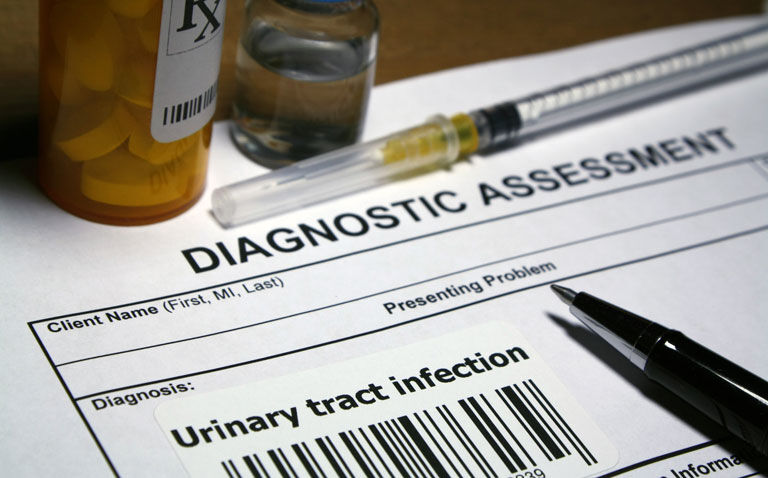Gepotidacin is a novel antibiotic and found to be non-inferior to nitrofurantoin in women with uncomplicated urinary tract infections.
Urinary tract infections (UTIs) have a lifetime incidence of 50-60% in adult women. While commonly treated with antibiotics, UTIs often recur in 16% of women. An uncomplicated UTI is mainly due to Escherichia coli but recent data indicates antimicrobial resistance is on the increase.
GSK’s novel and investigational, first-in-class, antibiotic, gepotidacin (GD) was non-inferior to nitrofurantoin in two phase III trials in women with an uncomplicated UTI (uUTI).
The drug inhibits bacterial DNA replication by blocking two essential topoisomerase enzymes. Consequently, mutations in both enzymes would be needed for resistance to occur. While GD appears effective in uncomplicated UTI’s according to a phase 2 trial, there is an absence of phase 3 studies.
GSK describes the findings from two near identical, randomised, double-blind studies, EAGLE-2 and EAGLE-3. Both involved women and adolescents with an uUTI and had nitrofurantoin (100mg twice daily) as an active comparator. The primary efficacy endpoint was therapeutic success (TS) which was a combination of clinical and microbiological success. GD was given at a dose of 1,500 mg twice daily for 5 days. Participant assessment took place 10-13 days after initiation of treatment.
Gepotidacin and therapeutic success
In EAGLE-2 the TC was 50.6% with gepotidacin and 47% with nitrofurantoin. In EAGLE-3, a higher proportion of participants receiving gepotidacin achieved a TS (58.5% vs 43.6%). Furthermore, across both trials, 94% of gepotidacin patients did not receive an additional antibiotic for their uUTI through to the follow-up visit on day 28.
The clinical cure rates were similar for gepotidacin and nitrofurantoin in both trials. However, the microbiological cure rate was higher with gepotidacin in EAGLE-3 (72.2% vs 57.2%).
The safety and tolerability profile of gepotidacin in the EAGLE-2 and EAGLE-3 phase III trials was consistent with previous trials of gepotidacin.
GSK expects to submit data to the FDA in the second quarter of 2023.










